Private student loans can help you close an education funding gap if federal student aid isn’t enough to pay for school. Private lenders such as banks and credit unions issue private student loans, with many offering low rates for creditworthy borrowers and repayment terms as long as 20 years. While private student loans have a few benefits, federal student loans are your best first option for school.
Federal loans have unique protections and benefits you generally can’t get with private loans. Still, private student loans can help many students pay for college. We’ll discuss the pros and cons of private student loans so you can make an informed borrowing decision.
Keep going for the pros and cons of private student loans!
Table of Contents
- 1. Pro: Higher borrowing limits
- 2. Pro: Quick application process
- 3. Pro: More repayment term choices
- 4. Pro: Available for those who aren’t eligible for federal aid
- 5. Pro: Could be tax-deductible
- 6. Pro: Private lenders may offer added benefits
- 7. Con: Private student loans may have higher interest rates than federal student loans
- 8. Con: Private loans aren’t eligible for forgiveness or IDR plans
- 9. Con: Private loans may lack repayment assistance, such as forbearance and deferment
- 10. Con: You risk overborrowing
- 11. Con: Rates and terms based on credit
- 12. Con: You may need a cosigner
1. Pro: Higher borrowing limits
Federal student loans have borrowing limits. Private student loans do too, but they aren’t as restrictive. For instance, the limit for federal Direct Loans is $5,500 in your first year of college, assuming you’re a dependent student. Limits increase by year in school, but typically not enough to cover all of the education costs.
With private student loans, borrowing limits are generally higher—and you can often borrow up to the full cost of attendance at your school. So you don’t need to worry about not having enough to pay for tuition, fees, and other associated expenses.






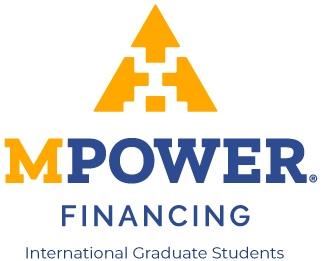
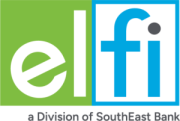
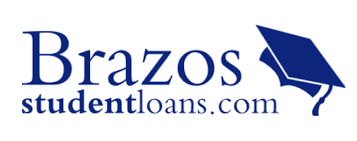



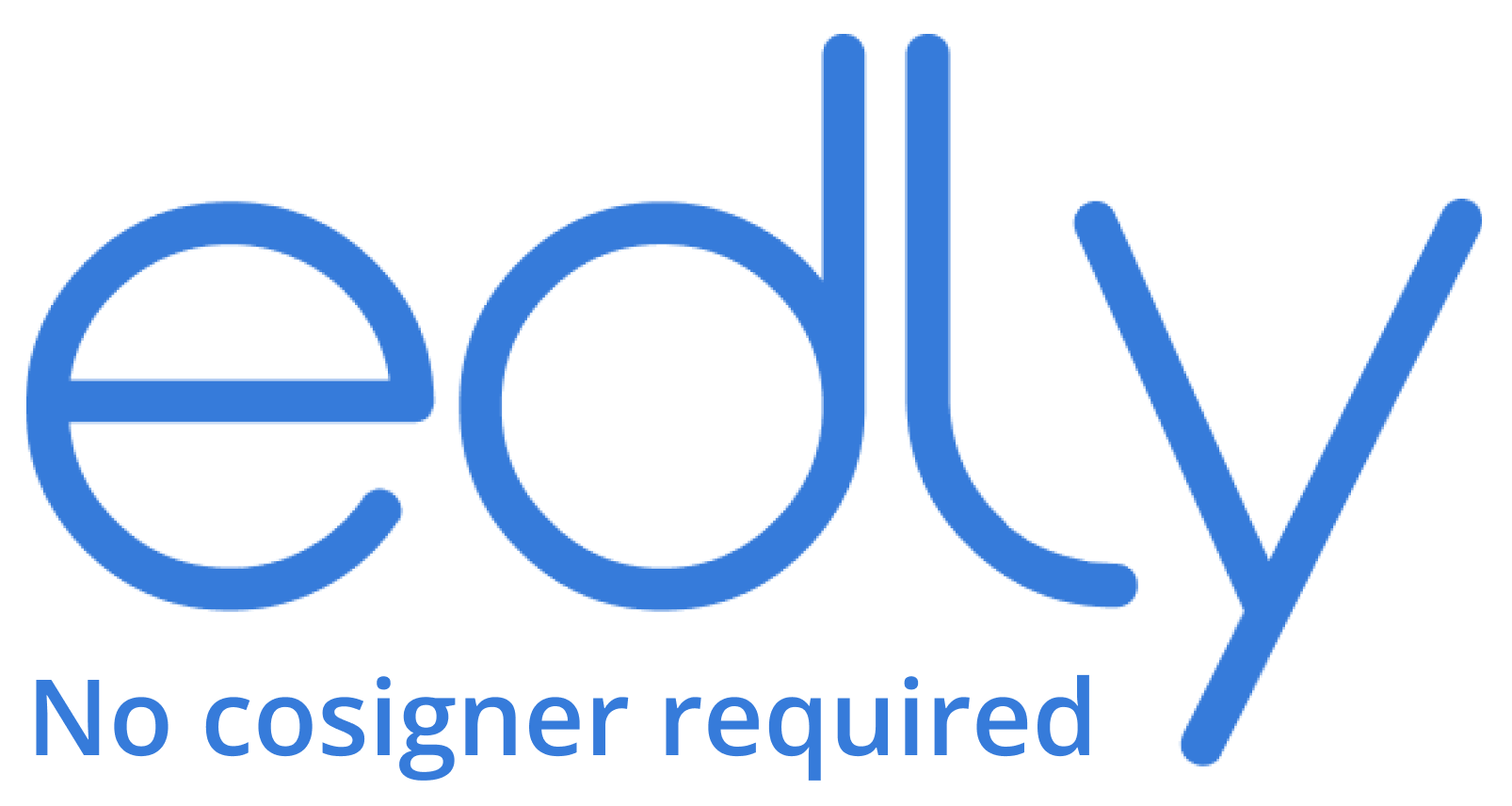

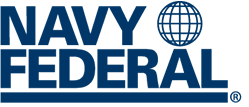
2. Pro: Quick application process
The Department of Education recently simplified the Free Application for Federal Student Aid (FAFSA) form, but it still takes about an hour to gather all your documents and complete it. The application process for private student loans may be simpler, depending on your lender.
College Ave, for example, advertises a three-minute loan application process. Of course, the timing of the application process will vary by lender, and gathering your information before you apply could expedite the process.
Read More: How to Get a Student Loan
3. Pro: More repayment term choices
Federal Direct student loans have standard repayment terms of 10 years, though you can consolidate with a Direct Consolidation Loan if you’re seeking a longer term. Federal Direct Consolidation Loans have repayment periods of up to 30 years.
But many private student lenders give you a broader selection of repayment terms from the start, often five to 20 years. This flexibility lets you choose a term that best aligns with your financial situation and budget, and you might not need to worry about refinancing if your initial term remains suitable.
4. Pro: Available for those who aren’t eligible for federal aid
Federal aid is typically your first and best option for college, but at what point does it make sense to consider taking out private student loans?
Private loans are generally a better alternative for international students who aren’t permanent residents and are ineligible to borrow through the U.S. Department of Education. Many private lenders offer student loans for international students, though they may require you to have a cosigner who’s a permanent U.S. resident or citizen.
In case you’ve exhausted your federal financial aid, school aid package, and scholarship opportunities, and are currently in need of funding for school, here’s our list of top-rated private student loan lenders: Best Private Student Loans in 2026: Reviewed and Ranked.
5. Pro: Could be tax-deductible
For tax year 2024, the Internal Revenue Service (IRS) lets eligible filers claim a tax credit of up to $2,500 on their student loan interest. You’ll need to meet certain requirements to qualify, such as having a modified adjusted gross income (MAGI) under a certain limit and not opting for a “married filing separately” tax filing status.
MAGI limits for 2024 are $180,000 if married filing jointly and $90,000 if single, head of household, or qualifying surviving spouse. IRS Publication 970 details all the qualification requirements for this tax credit.

6. Pro: Private lenders may offer added benefits
Federal student loans come with unique benefits and protections for borrowers, but some private lenders may offer perks, too. Sallie Mae, for example, has a series of scholarships for eligible applicants. Other lenders may provide career coaching or financial education to help you better manage your money. Some might also offer multiple student loan repayment options, such as interest-only payments or the option to pay a flat amount—e.g., $25 a month—while you’re in school.
7. Con: Private student loans may have higher interest rates than federal student loans
If you want to save on interest over the life of your loan, federal loans tend to have the lowest rates for many borrowers, especially those with less-than-perfect credit.
Private student loans may have higher rates. While they’re not as high as many other financing types, your interest costs may be higher over your loan term—this is especially true if you opt for a long term, such as 20 years.
Here’s a look at how interest rates affect your monthly student loan payments, as well as how much interest adds up over time. For the purposes of our example, we’ll assume our borrower has a $35,000 loan balance.
| Federal student loans | Private student loans | |
| Interest rate | 6.53% | 7.25% |
| Loan term | 10 years | 15 years |
| Monthly payment | $398 | $319 |
| Total interest paid | $12,754 | $22,510 |
8. Con: Private loans aren’t eligible for forgiveness or IDR plans
Federal loans have unique perks, including student loan forgiveness for qualifying borrowers through Public Service Loan Forgiveness (PSLF), and income-driven repayment (IDR) plans, which could reduce your monthly payments. The benefits are one reason a student may seek a federal student loan instead of a private student loan.
Typically, these benefits aren’t among the key characteristics of private loans, though some private lenders may give you a choice of a few repayment plans. These plans typically offer relief while you’re in school, but you’ll need to make full principal and interest payments after graduation.

9. Con: Private loans may lack repayment assistance, such as forbearance and deferment
Besides not being eligible for forgiveness or IDR plans, private lenders typically don’t offer forbearance or deferment if you encounter a financial hardship. You can request either with federal student loans, provided you have a qualifying reason. Both let you pause your monthly payments, though interest accrues on all your loans during forbearance and most of them during deferment.

10. Con: You risk overborrowing
Since private lenders often let you borrow up to the full cost of attendance (minus any financial aid you’ve received), it’s possible to overborrow with private student loans. And a wise college plan does not include borrowing more than you can afford to repay or more than you need.
Ensure you have a comprehensive understanding of your college savings and federal aid before applying for private loans—this can help you avoid overborrowing.
11. Con: Rates and terms based on credit
Most federal student loans don’t require a credit check. Graduate PLUS and Parent PLUS Loans are the only two exceptions; you’ll undergo a credit check with both. Private student loans, on the other hand, require credit checks.
Your lender will consider your creditworthiness when determining your loan rates and terms. If you have fair credit, you could end up with a higher rate than a borrower with excellent credit.
12. Con: You may need a cosigner
You might also need a cosigner for your private student loan if you haven’t established credit yet or have past credit mistakes. A cosigner is someone who serves as a backup payer for your loan if you default.
Note that if you stop making your private student loan payments, your cosigner’s credit score could decline in addition to your own. Keep this in mind when choosing a cosigner, and ensure you communicate with them immediately if you find yourself unable to afford your loan payments.
If you’re confident you can repay a private student loan quickly—such as in cases where a parent commits to covering the loan upon the child’s graduation, you receive an employer-sponsored graduation bonus, or you work in a stable, high-income profession with substantial expected bonuses—a private loan may be a viable option. This is especially true if you have an excellent credit profile or can secure a cosigner with strong creditworthiness.

About our contributors
-
 Written by Jess Ullrich
Written by Jess UllrichJess is a personal finance writer who's been creating online content since 2009. She specializes in banking, investing, tax relief, and loans. She is a former financial editor at two popular online publications.
-
 Edited by Kristen Barrett, MAT
Edited by Kristen Barrett, MATKristen Barrett is a managing editor at LendEDU. She lives in Cincinnati, Ohio, with her wife and their three senior rescue dogs. She has edited and written personal finance content since 2015.
-
 Reviewed by Erin Kinkade, CFP®
Reviewed by Erin Kinkade, CFP®Erin Kinkade, CFP®, ChFC®, works as a financial planner at AAFMAA Wealth Management & Trust. Erin prepares comprehensive financial plans for military veterans and their families.